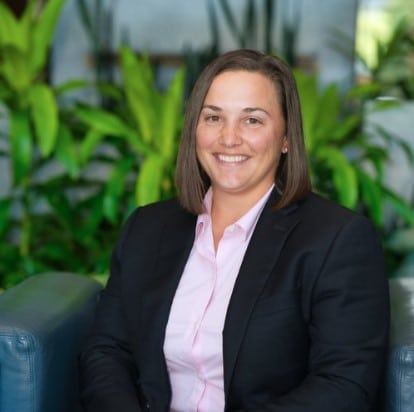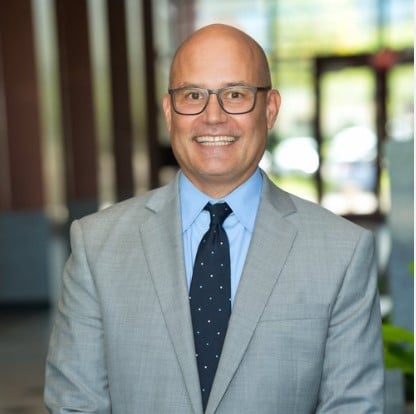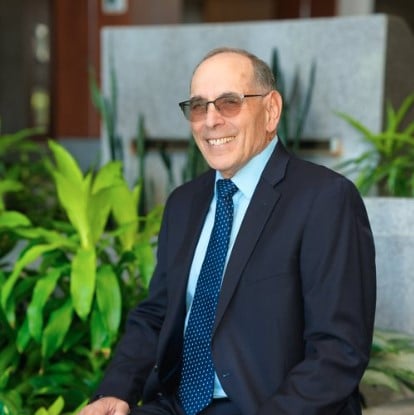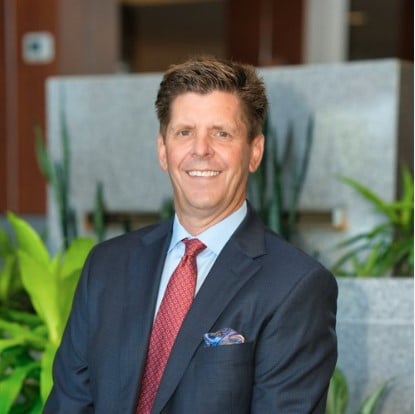Several banks recently have been forced to cease operation, and over the weekend the federal government stepped in to protect deposits, even those exceeding the FDIC limit of $250,000, at those banks. You may have questions about what this means for the economy, the stock market and your portfolio. Here we attempt to provide some limited perspective, as the situation is rapidly evolving, and based on similar historical events, it will likely be at least several more months before we know all the details and facts that led to these bank failures.
Three banks have recently been forced to close: Silvergate Capital (SI), Signature Bank (SBNY), and SVB Financial Group (SIVB). Why are banks failing? The banks have failed for different reasons, but in each case, depositors lost confidence in the banks, which led to rapid withdrawals (a “bank run”) and capital shortfalls at the bank corporate level. The failures highlight the risks of undiversified banks, as well as poor risk management in an environment of rising interest rates. In the case of SI and SBNY, their focus on volatile cryptocurrencies led to realized losses as well as the loss of depositor confidence. In SIVB’s case, their depositor base was concentrated in the venture capital ecosystem. Over 93% of domestic deposits exceeded the FDIC’s $250,000 protection limit, and herd mentality took hold as several venture capital firms advised their portfolio companies to withdraw their deposits from SIVB. The amount investors and depositors tried to withdraw totaled $42 billion on Thursday alone, or about one-quarter of the bank’s deposit base. The government took control of the bank the following day.
Poor risk management at the banks led to the loss of confidence, as depositors became concerned about whether the banks had sufficient assets to cover their liabilities. Unlike the Great Financial Crisis of 2008- 2009, when banks failed because of losses on assets (mortgages) which were unlikely to be fully paid back, the recent bank failures are due to unrealized losses on very safe longer term government bonds with low coupon rates that will almost certainly be fully repaid at maturity, but whose market values declined due to increased interest rates. The banks had classified the bonds as “held to maturity” on their balance sheets so they were not required to value them at mark-to-market. When interest rates rose, the value of bonds issued earlier at lower interest rates declined. If you hold the bond until maturity, the bond redeems at par value, and there is no loss of principal. If the bank is forced to sell the bond before maturity, it will sell at a loss. All investors, banks included, that invested in bonds prior to interest rate increases have unrealized losses, but do not need to realize them unless forced to sell the bond in order to raise cash – e.g., to meet withdrawals by depositors as in the case of SIVB. While it is possible that other banks could experience a depositor run for the same reason, the guarantee made by the federal government to deposits exceeding the $250,000 FDIC insurance limit makes this less likely. Most banks also operate with better risk controls designed to offset potential losses from higher interest rates, such as by owning interest-rate swaps or other hedges that rise in value when interest rates rise, or by owning a more diverse mix of assets that are not as sensitive to rising interest rates (shorter-term loans or floating rate loans), or by having smaller blocks of deposits that are unlikely to exceed the normal $250,000 FDIC insurance limit and which are less likely to respond to a perceived “run” on the bank.
In our portfolios, we own stocks in four banks: Axos Financial (AX), Cadence Bank (CADE), Citizens Financial Group (CFG) and Wintrust Financial (WFTC). We believe that all these banks are in sound financial condition. Axos Financial, our largest bank holding, released that 88% of their deposits are protected by the $250,000 FDIC protection limit. Further, AX has no “held to maturity” securities and has an unrealized loss of $7 million, equal to 0.4% of the company’s equity, in “available for sale securities”, which means that those securities have been marked to market and the unrealized losses are already recognized on the bank’s balance sheet.
Probably the most important issue for the economy and the market following these bank closures is that when banks face capital constraints, they make fewer loans. The case of SIVB in particular could have a chilling effect on other bank lending. Less bank lending means slower economic growth and increases the risk of economic contraction. This creates “cycle risk,” which Shaker Investments historically has mitigated and continues to mitigate by investing in the stocks of fundamentally superior companies. For instance, the Shaker Small Cap Growth Portfolio has a lower debt-to-capital ratio than does the S&P 500. This is just one measure suggesting that the companies in our portfolios have the wherewithal to weather a cyclical slowdown.
At Shaker Investments, we believe that risk control starts with a) owning fundamentally superior companies, and b) the appropriate sector allocation. For individual holdings, we focus on owning profitable businesses that generate positive cash flows and can control their own destiny. We strive to own companies that are not dependent on outside capital to grow, that have a diverse set of customers and product offerings and can outperform their competition regardless of the broader macroeconomic or capital markets environment. We build our portfolios in what we believe are the best stocks within sectors while maintaining sector weightings close to the benchmark sector weightings to manage unforeseen macroeconomic risks. We also believe in building a diversified portfolio and keeping individual position sizes from becoming too concentrated. Across all our strategies, we are within +/-3% of the benchmark sector weighting for financial services and don’t hold more than 4.8% in any individual Financial Services company.
While there are many other issues we could address, in the interest of time, we feel that these points are worth sharing today. As always, feel free to reach out to us if you have any specific questions.
Sources: Bloomberg, Axos Financial Mid-Quarter Update 3/12/2023, Shaker Investments LLC
Disclaimers: This document is confidential and for the sole use of the intended original recipient. It is not intended as investment advice or recommendation, nor is it an offer to sell or a solicitation of an offer to buy any interest in any fund or product. An investment in any of our strategies is speculative and involves a high degree of risk, including potential loss of principal. There is no guarantee that the investment objective will be achieved, or that the investment strategies will be profitable. Investments in smaller companies may be riskier, less liquid, more volatile and more vulnerable to economic, market and industry changes than investments in larger, more established companies. Past performance is not indicative of future results.
Information herein has been obtained from public sources and we do not guarantee its accuracy. The specific securities identified and described in this report do not represent all of the securities purchased, sold or recommended for clients. It should not be assumed that investments in the securities identified and discussed will be profitable in the future. Holdings and sector weightings in any strategy are subject to change and should not be considered investment advice or a recommendation to buy or sell a particular security. Actual holdings may vary by client. A list of the stocks selected for any of our strategies during the trailing twelve months is available upon request.









